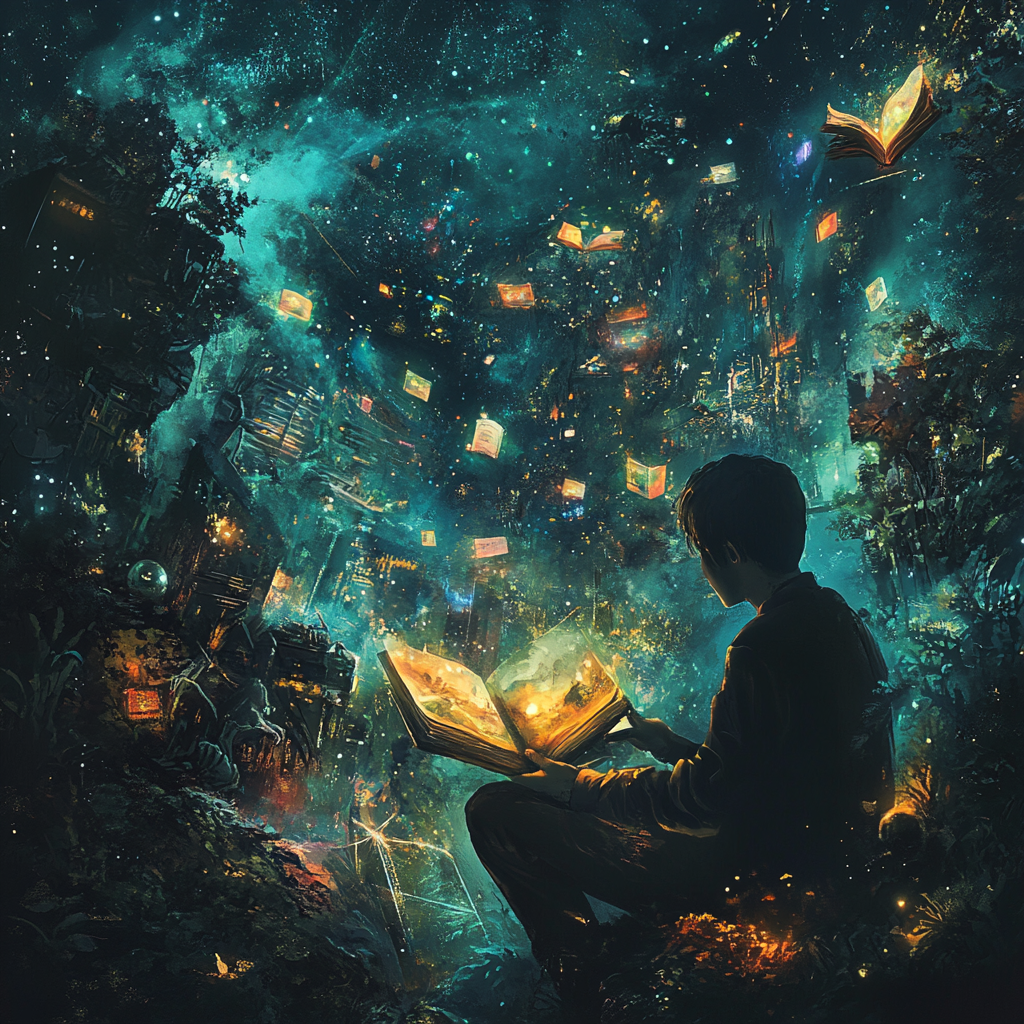I recently read a book that didn’t just entertain me, it challenged everything I thought I understood about reality. It’s called The Game is Life by Terry Schott.
The premise is simple… and wild: humans live in a highly advanced society where children enter a full-immersion simulation called “The Game.” Inside this Game, they experience life on Earth, unaware it’s a simulation and their performance in the Game determines their role in the real world after they “die.”
That’s the twist: life as we know it isn’t real. It’s a level. A test. A proving ground.
It’s one of those ideas you finish reading and can’t quite shake off.
And then I started noticing something strange science is starting to catch up to this fiction.
Is Life a Simulation? It’s Not Just a Hypothetical Anymore
In recent years, serious minds have begun to consider the possibility that we are, in fact, living in a simulation. Not metaphorically. Literally.
- 🧠 Nick Bostrom’s Simulation Argument (Oxford, 2003) made a compelling case: if future civilizations can run realistic simulations of their ancestors, and if those simulations vastly outnumber “real” people, then statistically, we’re more likely to be simulated than not.
- 🚀 Elon Musk famously said, “There’s a one in billions chance that we’re not in a simulation.” (Source: Vox)
- 🧬 Physicist James Gates found what appear to be error-correcting codes embedded in string theory equations, the same type of code used in computers to prevent data corruption. (Interview with Morgan Freeman, Through the Wormhole)
- 🔬 In quantum mechanics, particles exist in multiple states until observed known as the observer effect suggesting the universe may “render” itself only when looked at. (Scientific American)
These aren’t fringe ideas anymore. Some of the brightest people on the planet are saying, in different ways, “Reality might be far stranger than we think.”
What Religion Might Have Been Saying All Along
Here’s where it gets really interesting.
If we are in a simulation, a vast intelligent designed experience, then many religious beliefs begin to look less metaphorical, and more literal.
- Most religions describe a higher power, an overseer, or a divine intelligence watching us, judging us, and guiding us.
- They talk about being “sent” into this life, about “returning home” after death, and about being tested or refined through suffering.
- Sound familiar?
In The Game is Life, the simulation is overseen by intelligent minds. The characters in the game don’t know they’re being monitored. They pray, they suffer, they love, but it’s all happening inside a controlled system.
Maybe the presence some people feel is that sense of “something watching,” or the still, quiet voice of intuition is real. But maybe it’s not a man on a cloud. Maybe it’s an overseer AI / AGI we can not yet comprehend, a consciousness outside the system watching its simulation unfold, nudging it, intervening only when necessary, much like a game developer managing a complex, open-world game.
If that’s true, then prayer, morality, and awakening aren’t religious constructs, they could be tools to help players navigate the game and connect to the source code.
Clues in Everyday Life?
If we’re in a simulation or something like it, a lot of the strangeness in our day-to-day lives could be explained:
- Deja vu – a glitch in the rendering?
- Synchronicity – are the “rules” nudging you?
- Gut feelings and intuition – messages from outside the system?
- Dreams that feel more real than reality – maybe you’re logging out… or peeking behind the curtain.
Even major religious figures, prophets, mystics, enlightened individuals, they could be seen as “players” who reached higher awareness or even “remembered” the true nature of the game.
And if that sounds too far-fetched, remember: we’re building this ourselves right now.
But Here’s Where It Gets Real…
While we debate whether we are living in a simulation, we’re building them ourselves:
- AI-generated worlds are now fully immersive.
- Brain-machine interfaces like Neuralink are progressing rapidly.
- Digital economies are gaining legitimacy (crypto, metaverses, virtual assets).
- Synthetic consciousness and memory mapping are in early development.
If we’re this close to simulating life, what would stop a more advanced intelligence or civilization from having already done it?
Or… maybe we are them, inside the simulation, testing ourselves before we return.
So… What Now?
If this is a game, a simulation, does that mean nothing matters?
No.
It means everything does.
- Every challenge could be a test. For what Idk?
- Every person might be another player.
- Every choice could echo beyond this level.
Whether we’re in a simulation or not, the idea forces us to take life seriously not out of fear, but out of awareness.
The Game is Life might be fiction.
But more and more, it’s starting to feel like foreshadowing.
And if that doesn’t make you stop and question reality, nothing will.

